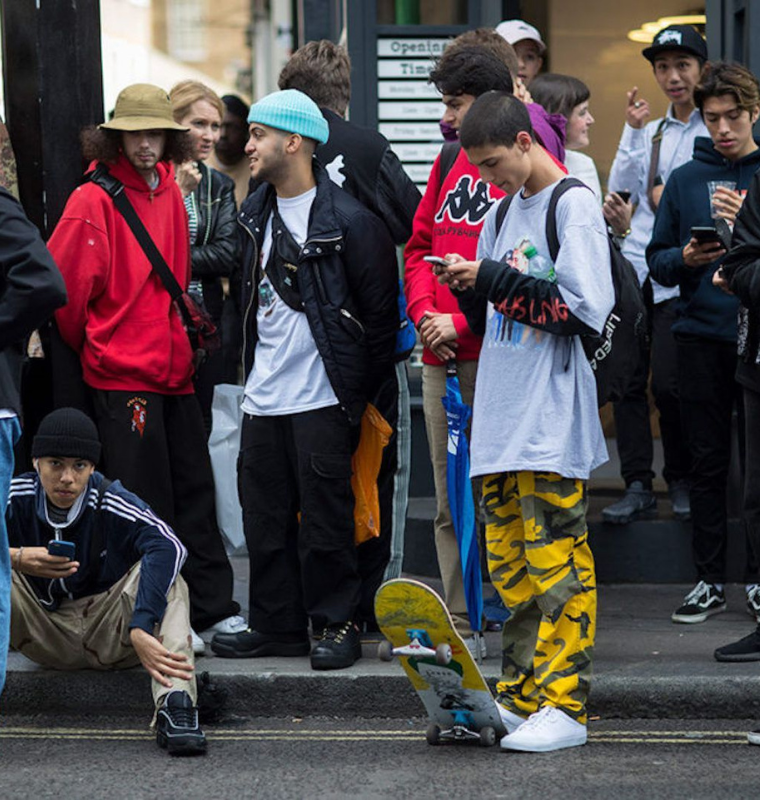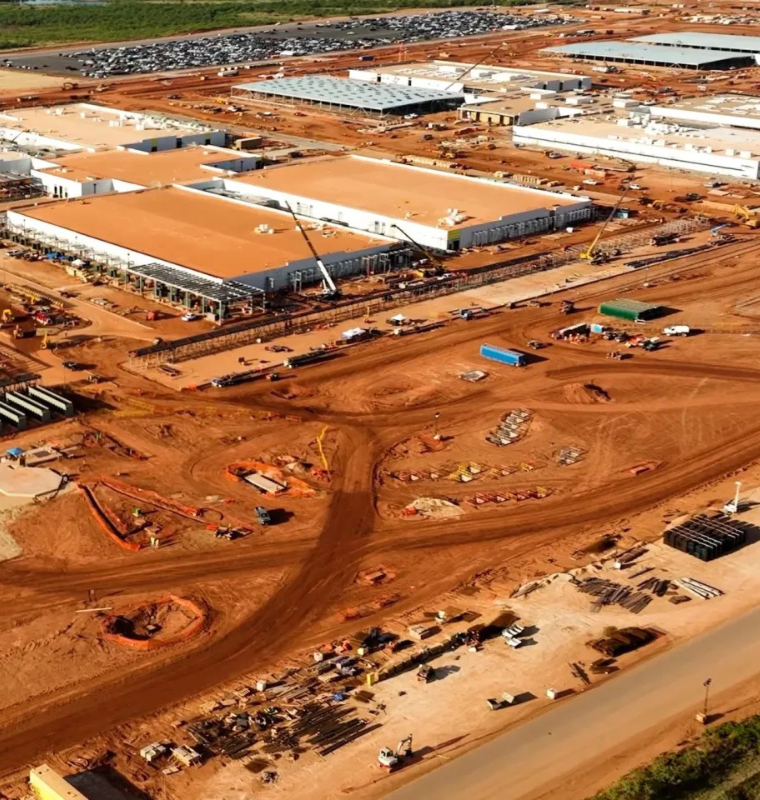Xpeng to Take Mass-Market Mona EV Brand Global by 2026
Xpeng to Take Mass-Market Mona EV Brand Global by 2026
By
Rachel Steinberg
Last updated:
September 9, 2025
First Published:
September 9, 2025

Photo: MotorTrend
Chinese electric vehicle maker Xpeng is gearing up for a major global push with its mass-market Mona brand, aiming to reshape competition in Europe and beyond. CEO He Xiaopeng confirmed in a recent interview that Mona-branded vehicles will launch internationally by 2026, marking a turning point for the Guangzhou-based automaker.
Mona: A Disruptive Force in EV Affordability
Xpeng introduced the Mona brand in China last year with the launch of the Mona M03 coupe, starting at just 119,000 yuan (about $17,000). This price point undercuts many of its domestic and foreign rivals, making it one of the most affordable EV options available. By contrast, Xpeng’s higher-end models such as the P7 sedan and G6 SUV sit well above this range, highlighting Mona’s role as the brand’s entry-level disruptor.
He Xiaopeng confirmed that Mona vehicles will be exported to Europe beginning next year, with a broader rollout to multiple markets in 2026. “I believe by then, what we launch will be very proven and very excellent vehicles,” he said.
Europe at the Center of Expansion
Europe remains the prime battleground for Chinese automakers. Xpeng began its global journey in 2020 with Norway and has since expanded to Germany, France, and other key markets. Originally targeting 60 countries and regions by 2025, Xpeng says it has already met that goal ahead of schedule.
At the IAA Mobility auto show in Munich, the company showcased its upgraded Next P7 sedan to European audiences, signaling its intent to capture not just the entry-level segment but also the premium market.
However, the European Union’s tariffs on China-made EVs are a looming challenge. In response, Xpeng is actively considering establishing manufacturing plants in Europe, though no final decision has been made on timelines.
Competition Heats Up
Xpeng’s expansion comes as global EV competition intensifies. In Europe, established automakers like BMW, Mercedes-Benz, and Volkswagen are accelerating their EV launches to counter Chinese rivals. Meanwhile, Tesla, once dominant in the region, has seen its sales slump, opening up opportunities for aggressive entrants like Xpeng and BYD.
By introducing competitively priced Mona vehicles into the European market, Xpeng aims to appeal to cost-conscious buyers while pushing traditional automakers to rethink their pricing strategies.
Consolidation and Acquisitions on the Horizon
Back home in China, the EV market has become saturated, sparking a brutal price war. Regulators have even stepped in to curb excessive competition, often described as “neijuan” or involution.
He Xiaopeng has long predicted that only a handful of Chinese EV makers will survive the shakeout. The collapse of weaker competitors is already underway, opening doors for consolidation. Xpeng itself has begun taking steps in this direction, acquiring the EV development unit of ride-hailing giant Didi in 2023.
Now, the company is signaling a stronger appetite for deals. “If we have the opportunity, we want to acquire some companies,” He said. “Manufacturing companies, EV companies are always possible.”
A Global Player in the Making
With its rapid expansion, affordability strategy, and openness to acquisitions, Xpeng is positioning itself as more than just another Chinese EV maker. The Mona brand could give it a powerful edge in the global mass-market segment, while acquisitions could solidify its standing amid industry consolidation.
By 2026, the global EV landscape could look very different — and Xpeng wants to ensure it’s not just part of the race, but leading it.
Popular articles
Subscribe to unlock premium content
Why Consumers Buy Limited-Edition Fashion and Beauty Products

How K-Beauty Changed the Global Skincare Industry and Consumer Expectations

How Streetwear Became a Billion-Dollar Industry From Niche to Mainstream

Why Consumers Buy Limited-Edition Fashion and Beauty Products

How K-Beauty Changed the Global Skincare Industry and Consumer Expectations

Why Consumers Buy Limited-Edition Fashion and Beauty Products









